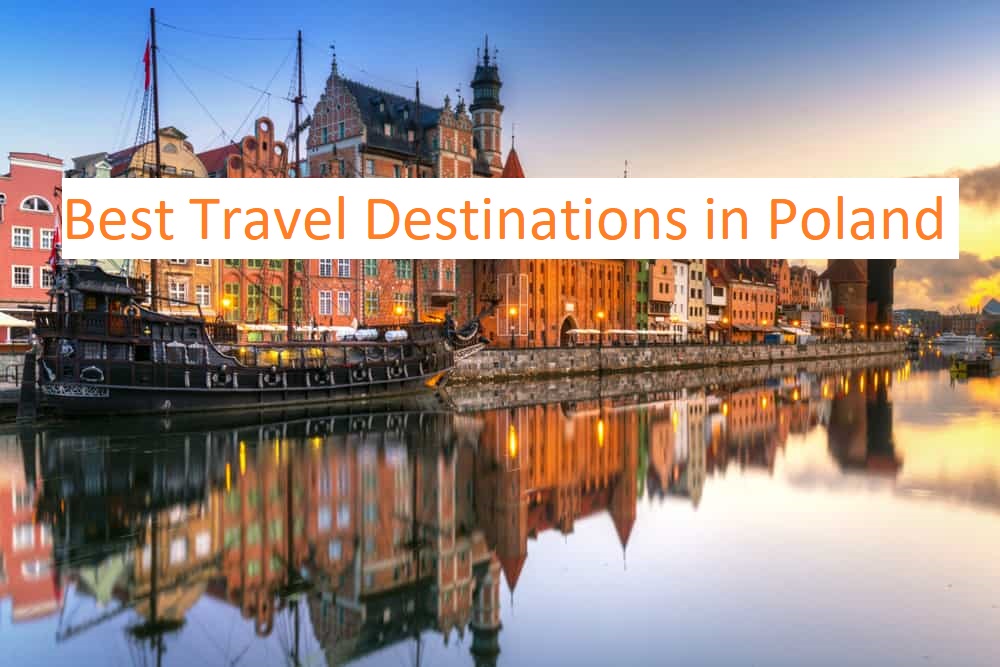Travel and tourism management, also known as TTM, is a vibrant and diverse field that encompasses various aspects of the travel industry. From planning and organizing trips to ensuring enjoyable experiences for travelers, TTM professionals play a crucial role in shaping the way people explore the world.
In this article, we delve into the intricacies of travel and tourism management, exploring its definition, key components, career opportunities, and the importance of sustainable practices.
What is Travel and Tourism Management?
Travel and tourism management can be defined as the process of planning, organizing, and coordinating travel-related activities for individuals or groups. It involves everything from designing itineraries and booking accommodations to arranging transportation and providing support services during the journey. Essentially, TTM professionals strive to make travel experiences seamless, enjoyable, and memorable for their clients.
Key Components of Travel and Tourism Management
1. Destination Management
Destination management involves the strategic planning and development of tourist destinations. This includes identifying attractions, promoting tourism activities, and enhancing the overall visitor experience. Destination managers work closely with local communities, governments, and businesses to ensure sustainable tourism practices that benefit both tourists and host destinations.
2. Tour Operations
Tour operators play a vital role in creating and selling travel packages to consumers. They design comprehensive tour itineraries, negotiate with suppliers, and handle logistics such as transportation, accommodation, and activities. Tour operators must possess excellent organizational skills and a thorough understanding of different destinations to meet the diverse needs of travelers.
3. Hospitality Management
Hospitality management focuses on providing accommodation, dining, and entertainment services to travelers. This includes hotels, restaurants, resorts, and other lodging establishments. Hospitality managers oversee daily operations, manage guest relations, and ensure high-quality service standards to enhance the overall guest experience.
4. Travel Agency Services
Travel agencies serve as intermediaries between travelers and service providers. They assist clients in planning and booking trips, offering personalized advice and recommendations based on their preferences and budget. Travel agents also handle administrative tasks such as visa applications, travel insurance, and ticket reservations to facilitate hassle-free travel experiences.
Career Opportunities in Travel and Tourism Management
The field of travel and tourism management offers a wide range of career opportunities for individuals with diverse skills and interests. Some of the most common roles include:
1. Tour Manager
Tour managers accompany groups of travelers on guided tours, providing information, assistance, and ensuring a smooth travel experience from start to finish.
2. Destination Marketing Specialist
Destination marketing specialists promote tourist destinations through various channels such as advertising, social media, and promotional events to attract visitors and boost tourism revenue.
3. Hotel Manager
Hotel managers oversee the day-to-day operations of lodging establishments, including guest services, housekeeping, food and beverage, and facilities management.
4. Travel Consultant
Travel consultants assist clients in planning and booking trips, offering expert advice on destinations, accommodations, transportation, and activities tailored to their preferences and budget.
5. Event Coordinator
Event coordinators plan and execute special events such as conferences, conventions, and festivals, coordinating logistics, managing vendors, and ensuring a memorable experience for attendees.
Importance of Sustainable Practices in Travel and Tourism Management
As the travel industry continues to grow, it is essential to prioritize sustainability and responsible tourism practices to minimize negative impacts on the environment, culture, and communities. Sustainable tourism aims to protect natural resources, preserve cultural heritage, and promote socio-economic development while providing meaningful experiences for travelers.
Travel and tourism management professionals can contribute to sustainability efforts by:
– Promoting eco-friendly transportation options such as public transit, cycling, and carpooling to reduce carbon emissions.
– Supporting locally-owned businesses and sustainable tourism initiatives that benefit communities and preserve cultural authenticity.
– Educating travelers about responsible tourism practices, including minimizing waste, conserving water, and respecting local customs and traditions.
– Advocating for policies and regulations that promote sustainable tourism development and protect fragile ecosystems and biodiversity.
Conclusion
In conclusion, travel and tourism management is a dynamic and multifaceted industry that plays a significant role in shaping the way people explore and experience the world. From destination management and tour operations to hospitality services and travel agency operations, TTM professionals are instrumental in creating memorable travel experiences for millions of travelers worldwide. By embracing sustainable practices and responsible tourism principles, we can ensure that future generations continue to enjoy the beauty and diversity of our planet for years to come.
Sure Opportunities:
- [HIRING NOW] Fruits Farm Jobs In Canada🇨🇦+Visa Sponsorship – No Experience...
- [URGENT HIRING! 🇬🇧] Care Assistant Jobs with Visa Sponsorship – APPLY NOW
- These Canadian Companies Will Offer You Jobs + Visa Sponsorships – LINKS HERE
- UK Tier 2 Visa Sponsored Jobs Available For Foreign Workers | Quick Hiring
- If You Want To Relocate To Canada🇨🇦, Get Any Of These Jobs Now – APPLY HERE
- Move To Australia🇦🇺: Visa Sponsored Jobs Available HERE – Apply Now
- DON’T MISS! 21+ Fully-Funded Scholarships In UK Available For You Now
- [JOBS IN UK🇬🇧] Warehouse Jobs Available With Visa Sponsorship – Interested?
- Study In The UK For FREE? 21+ Fully-Funded Scholarships Available For You





